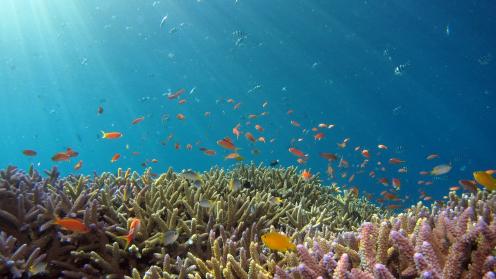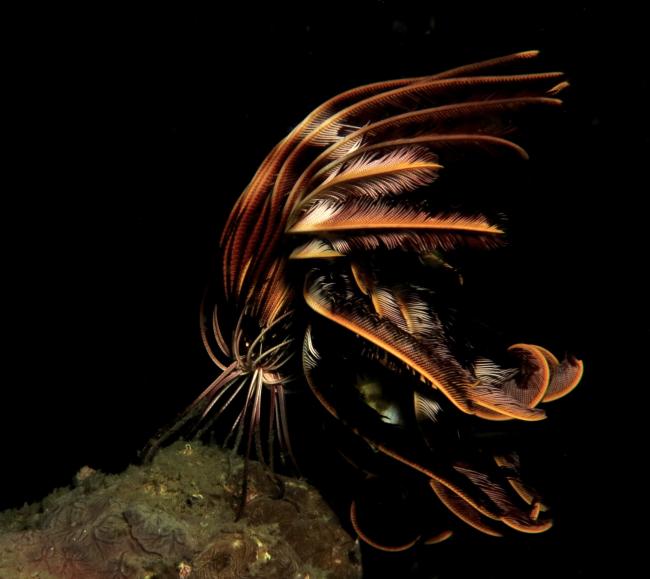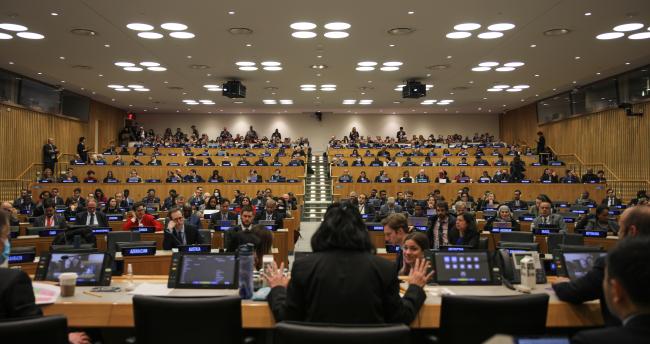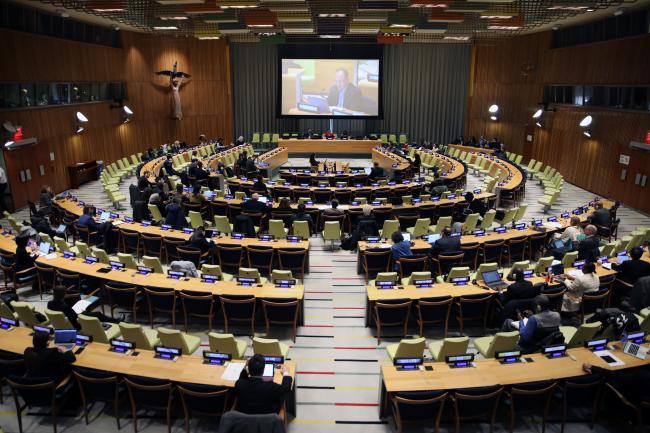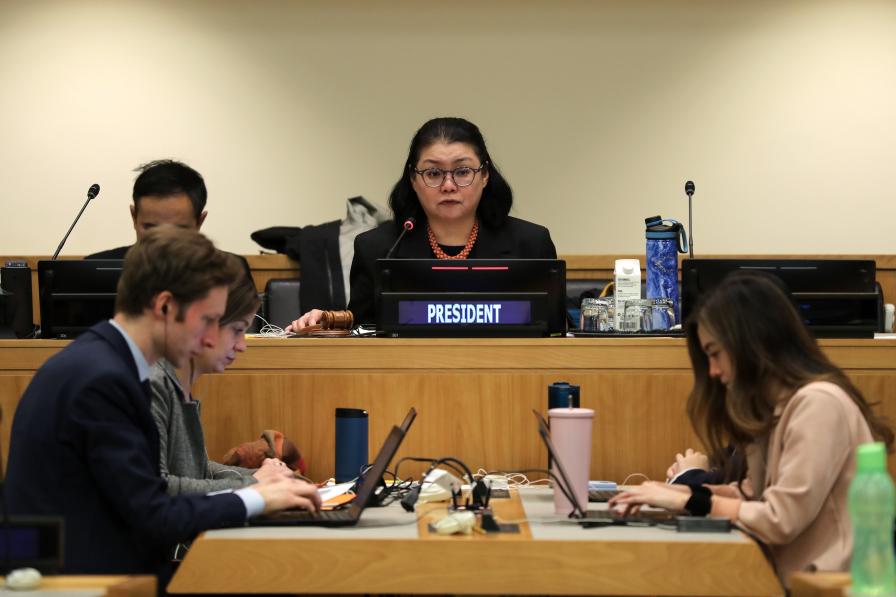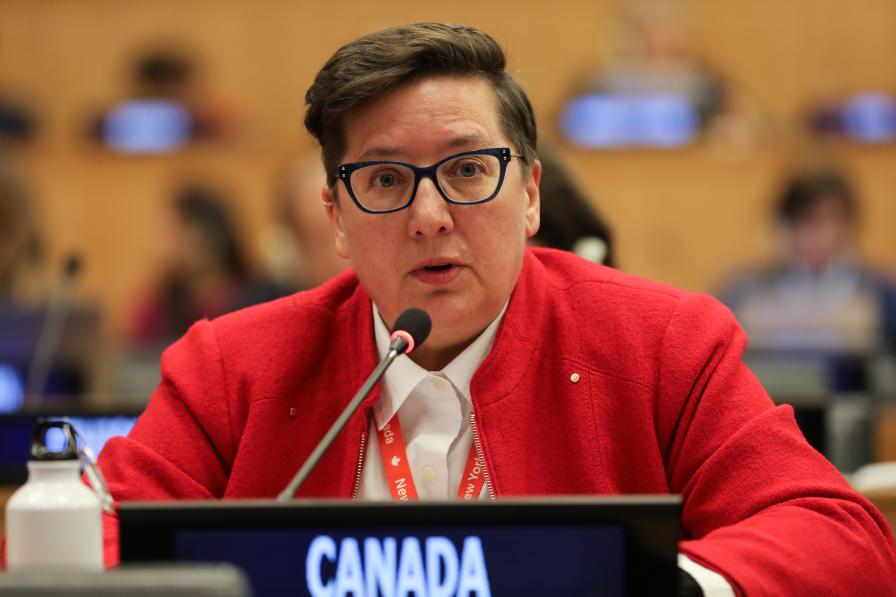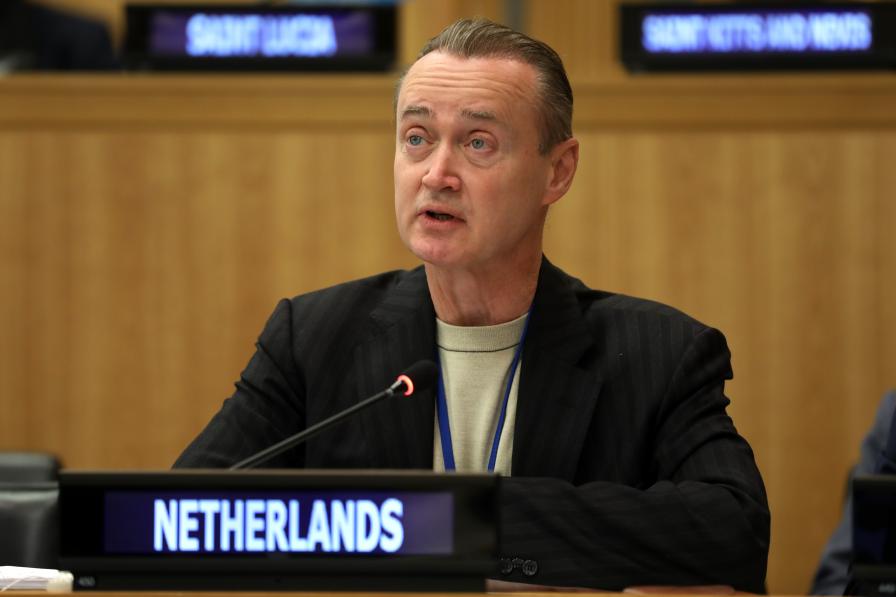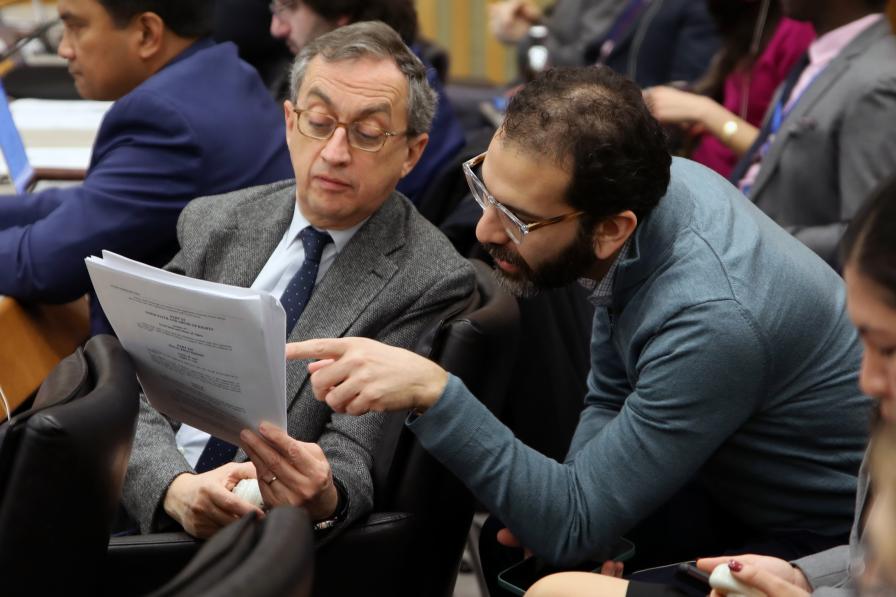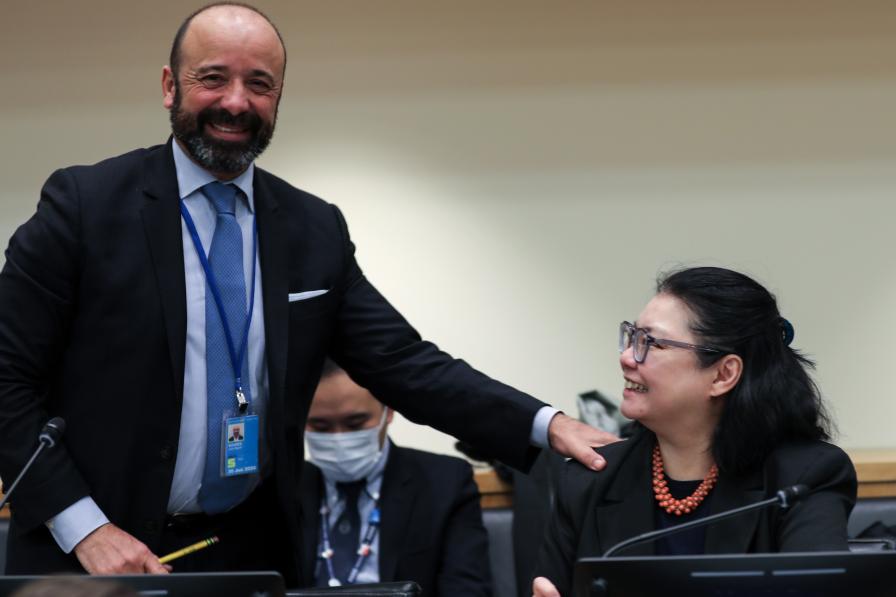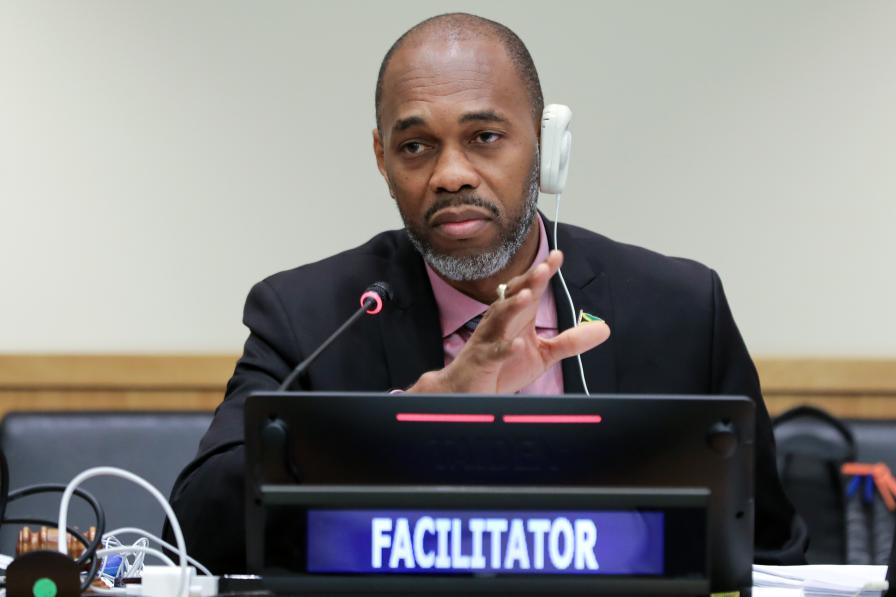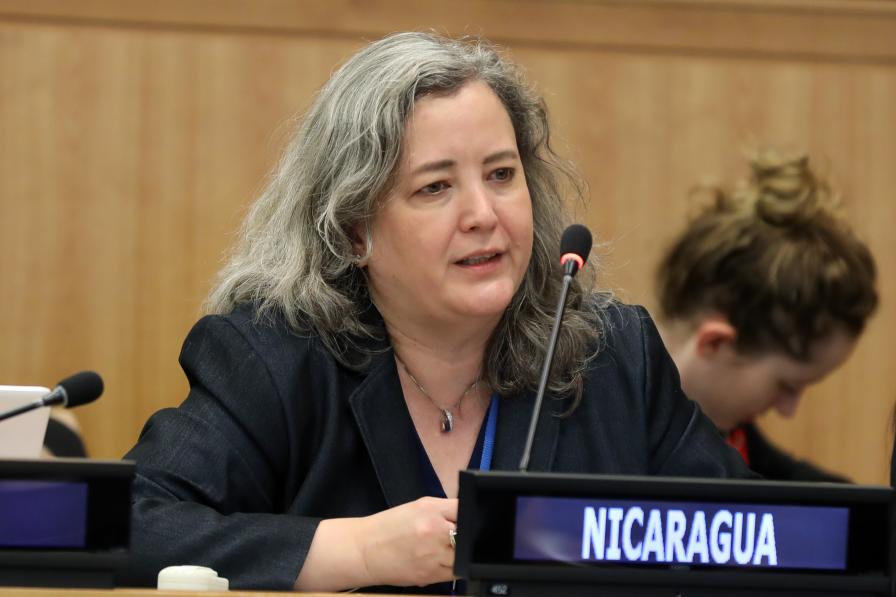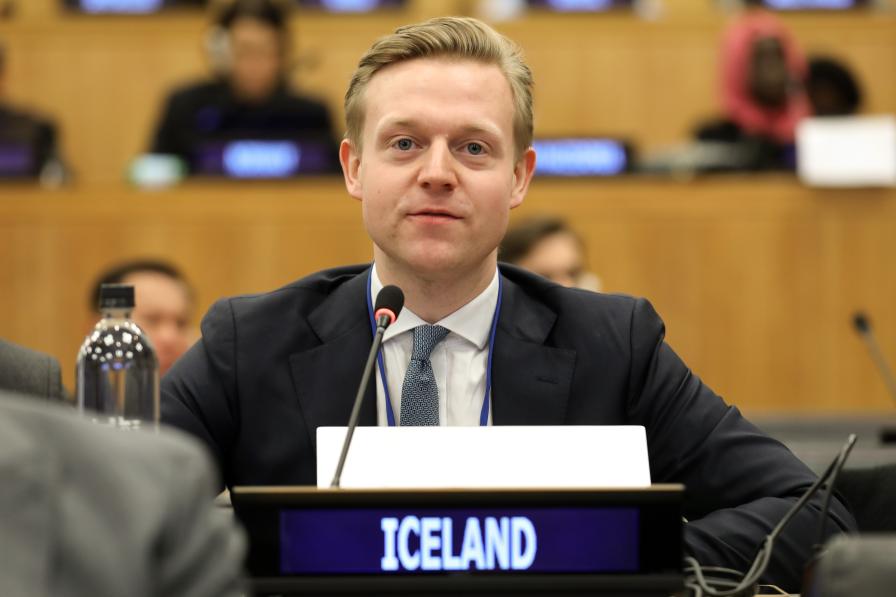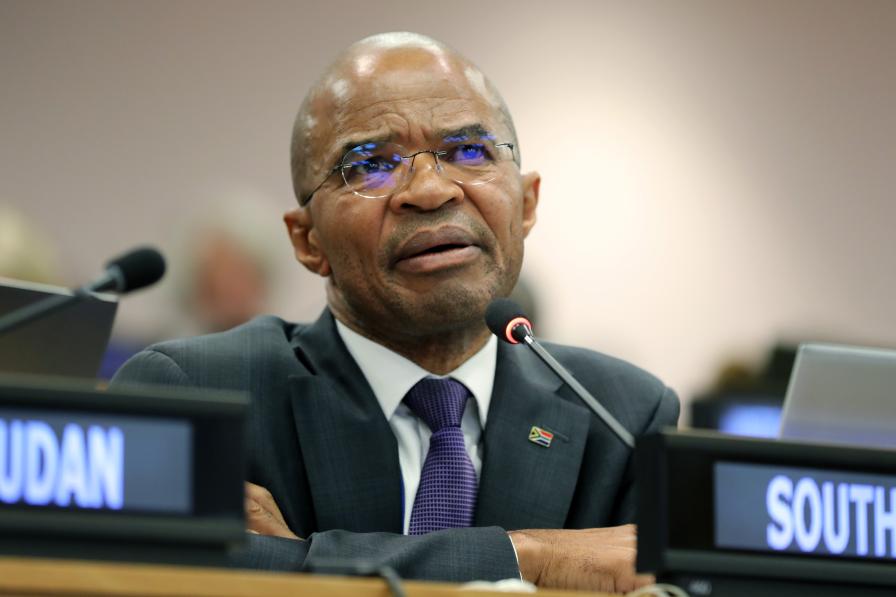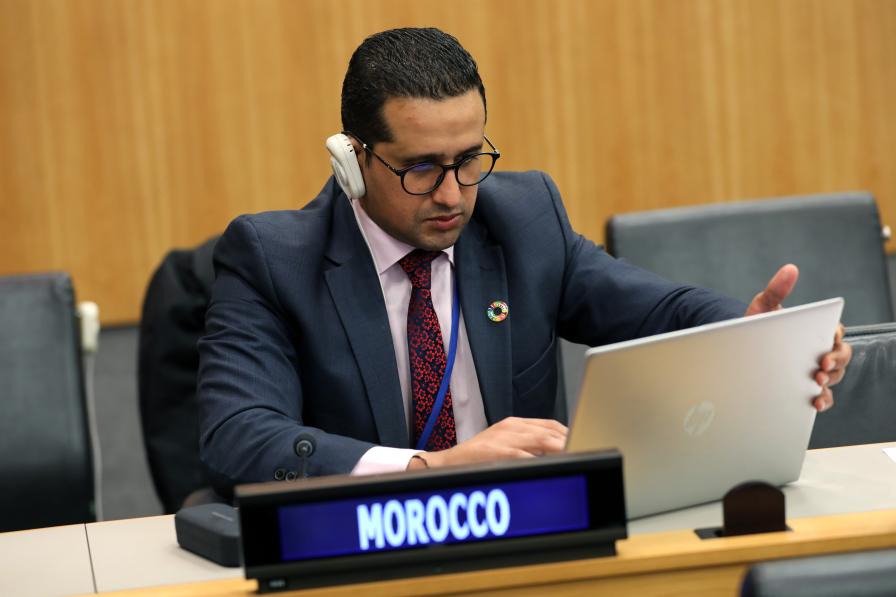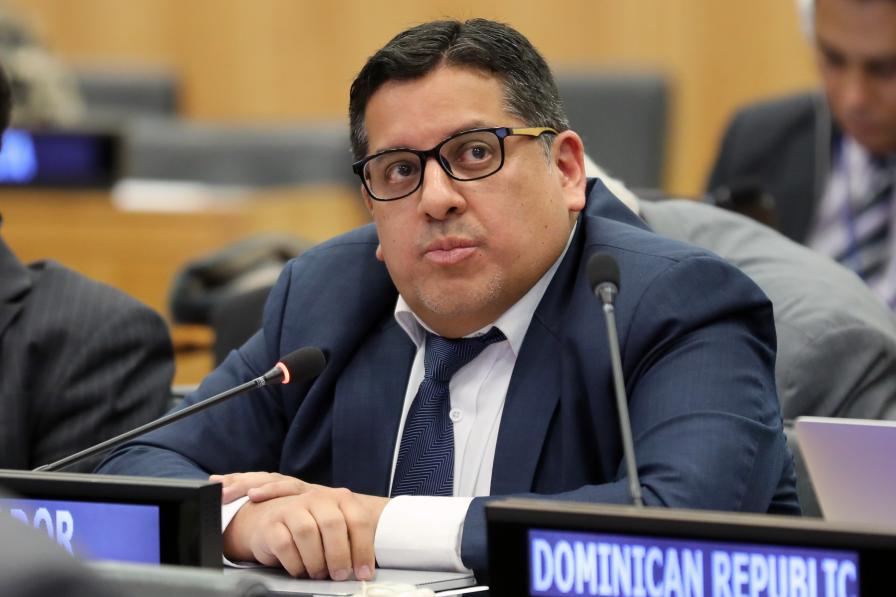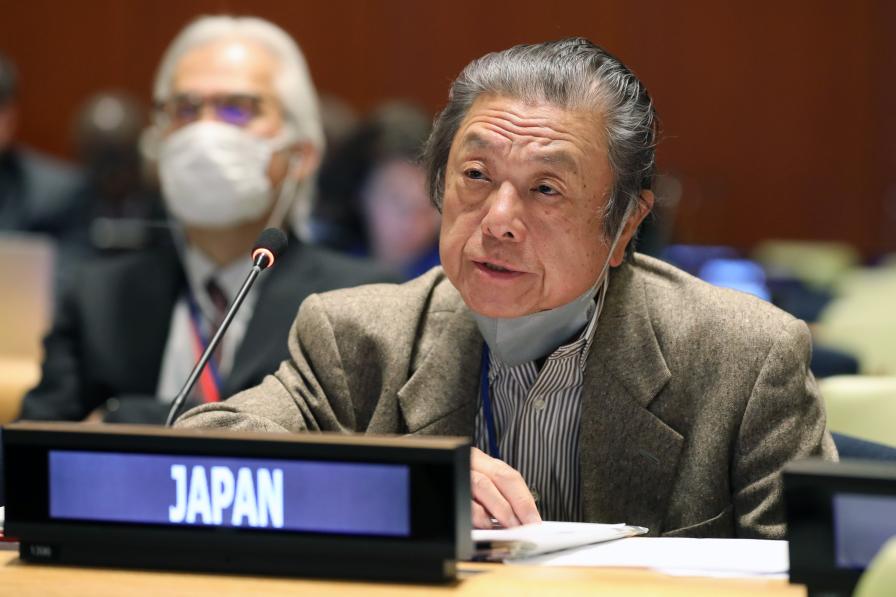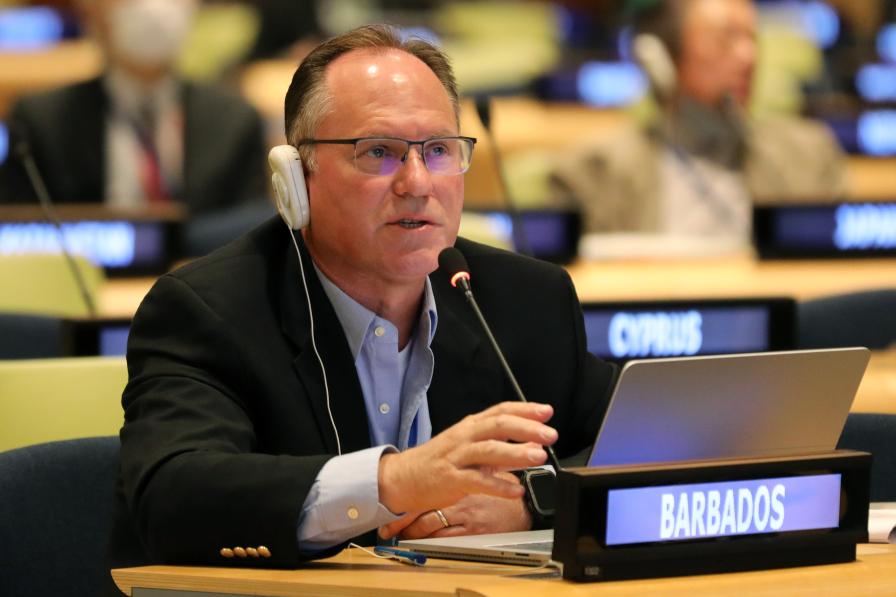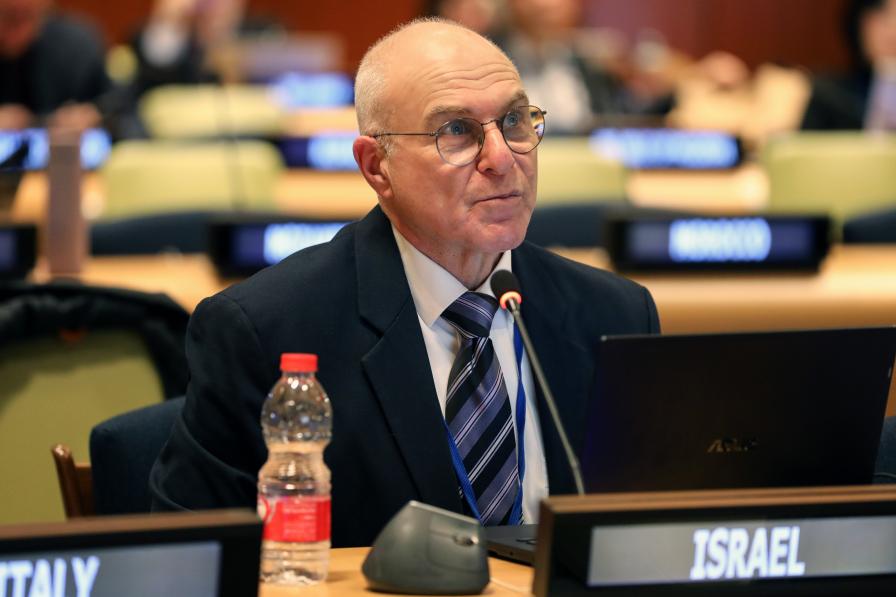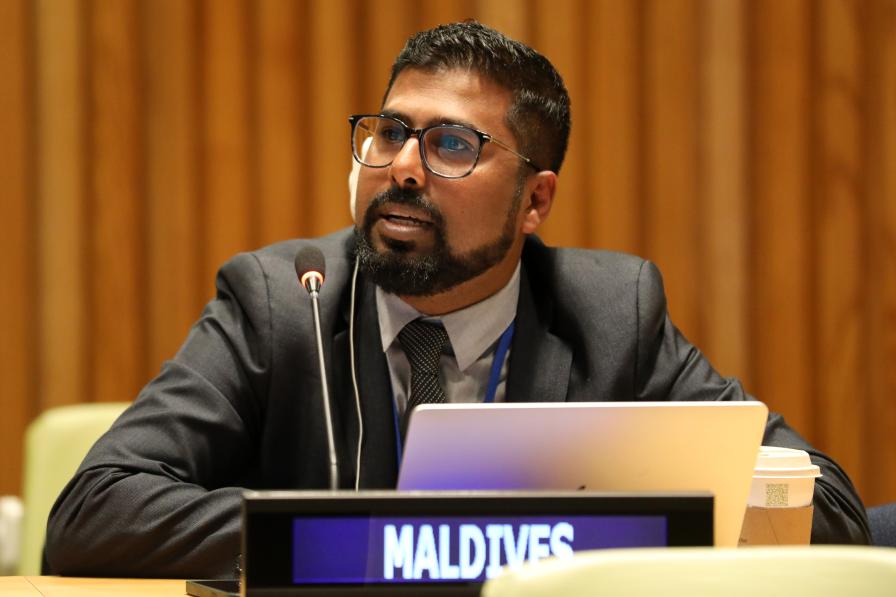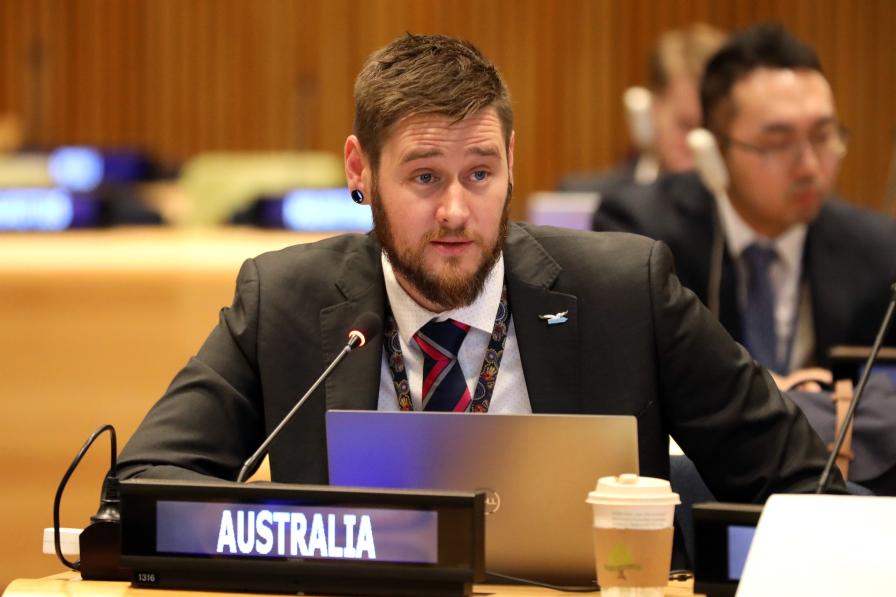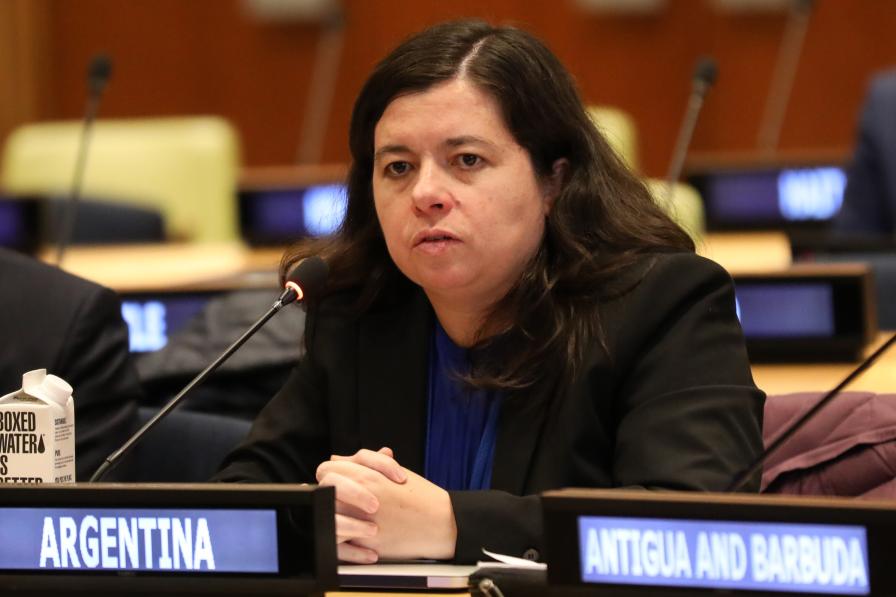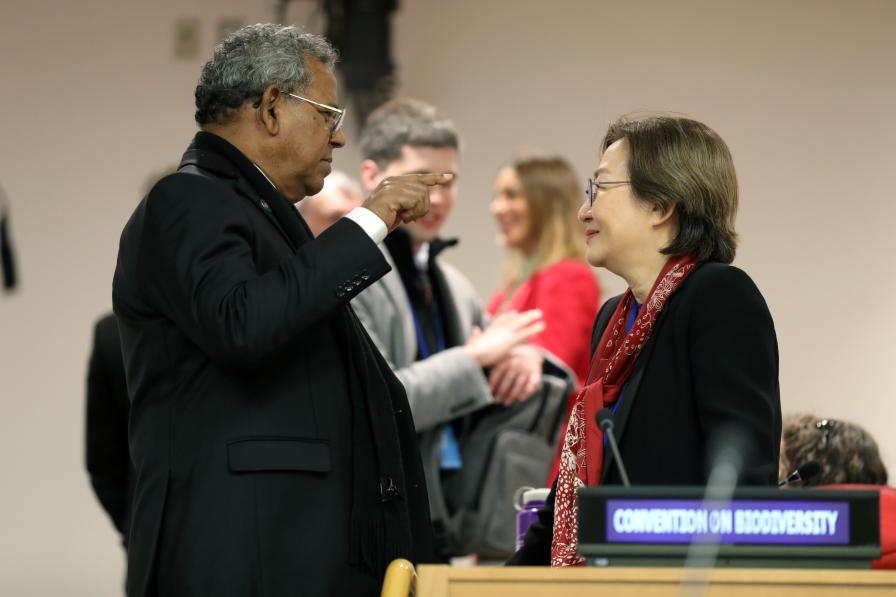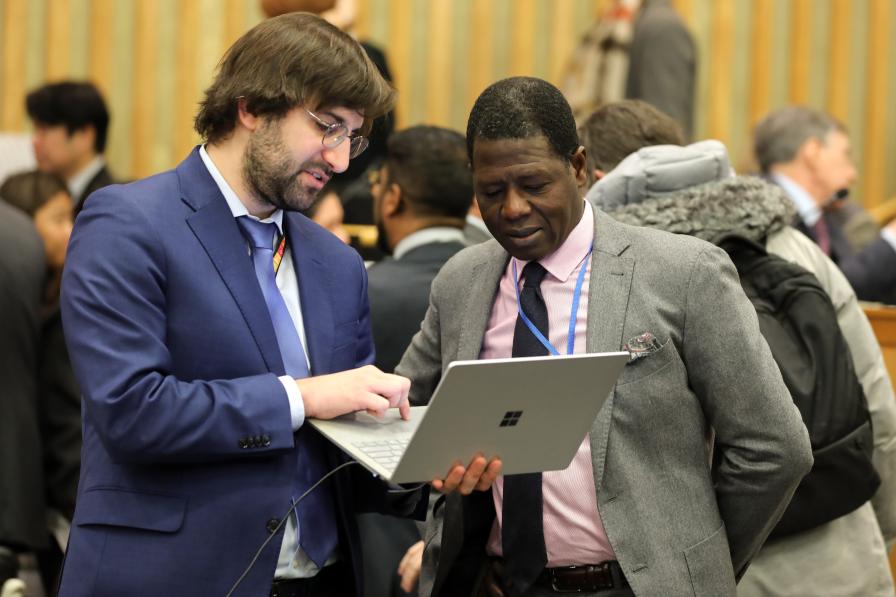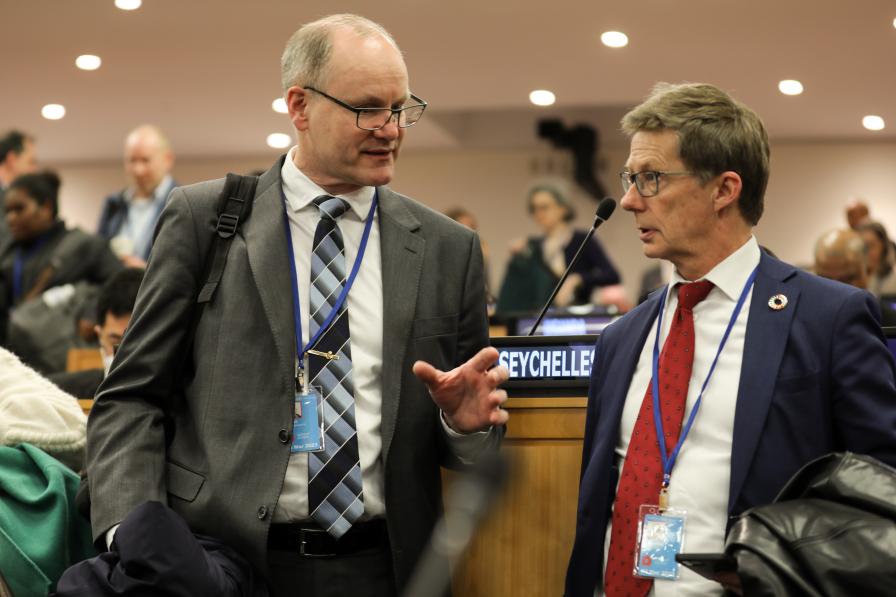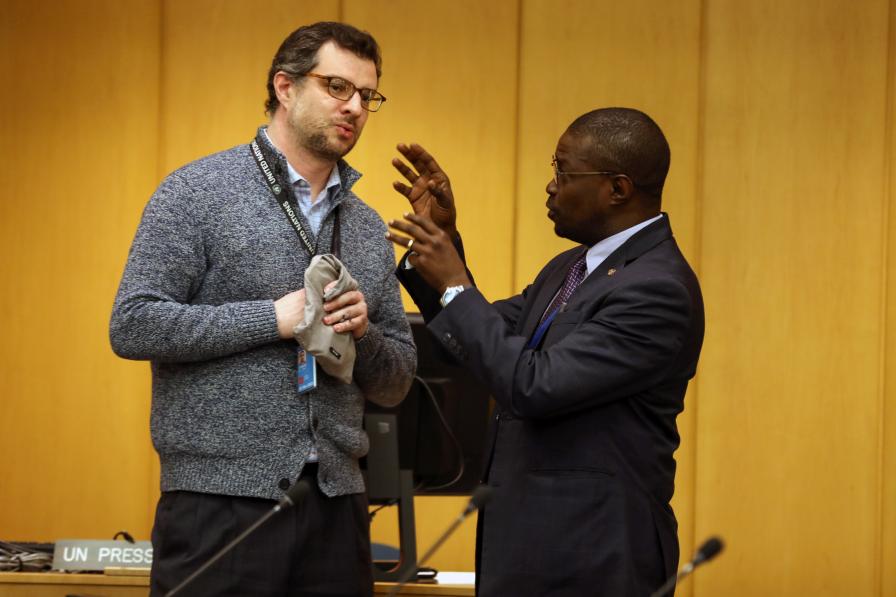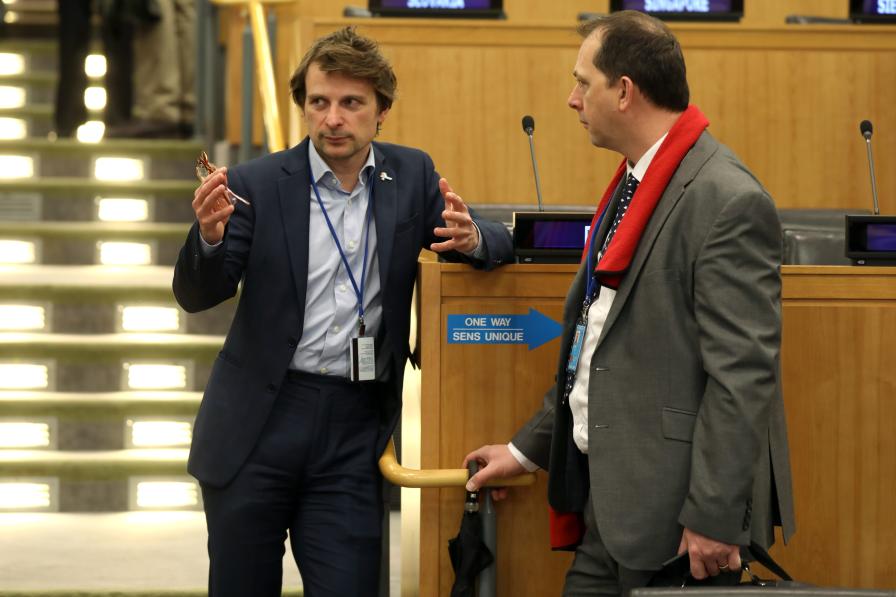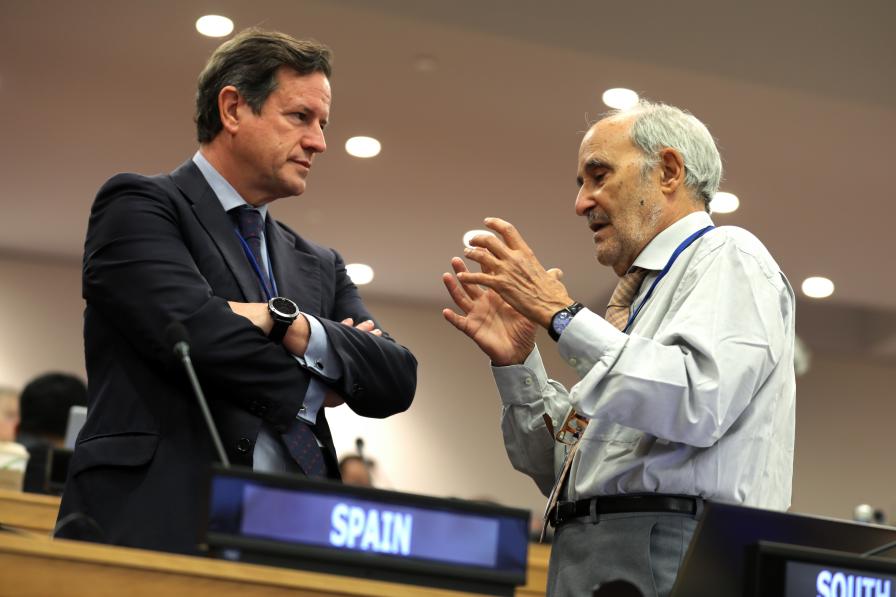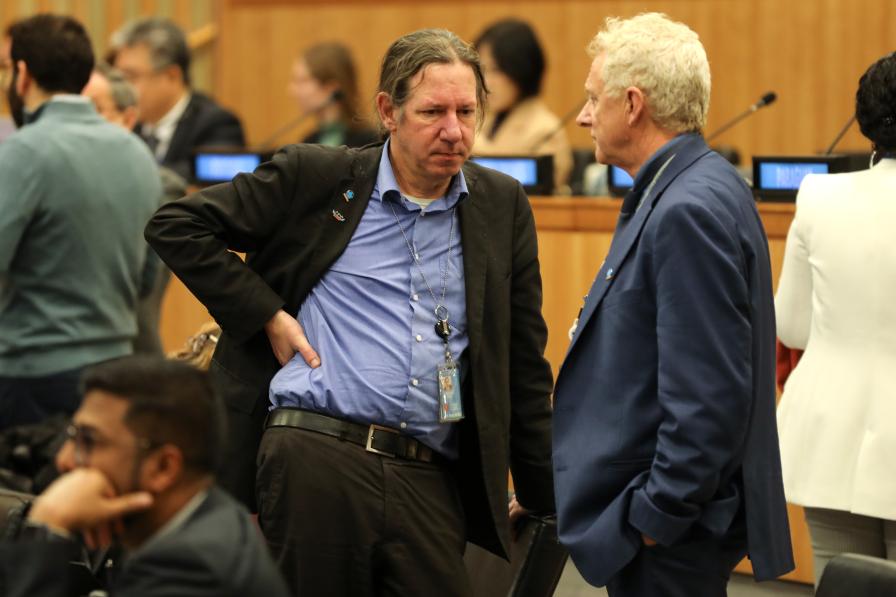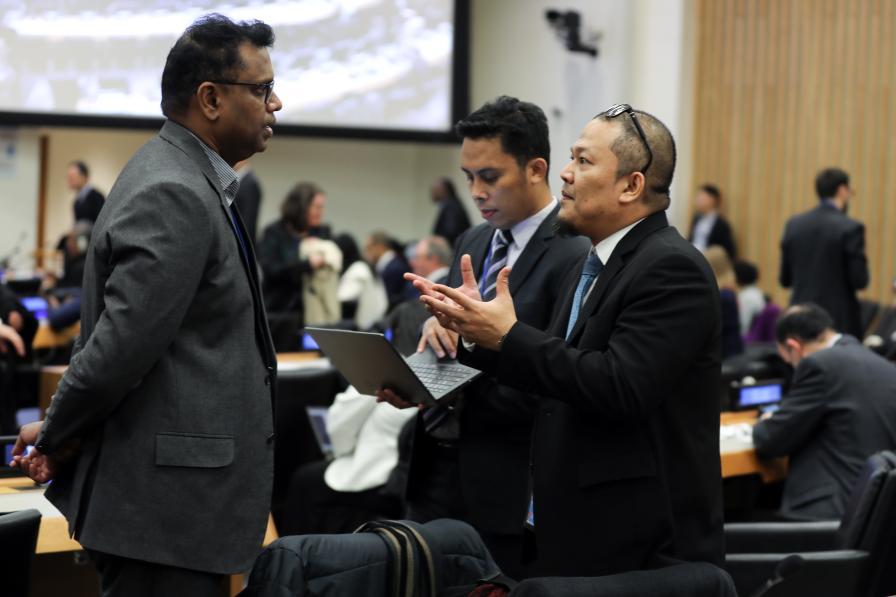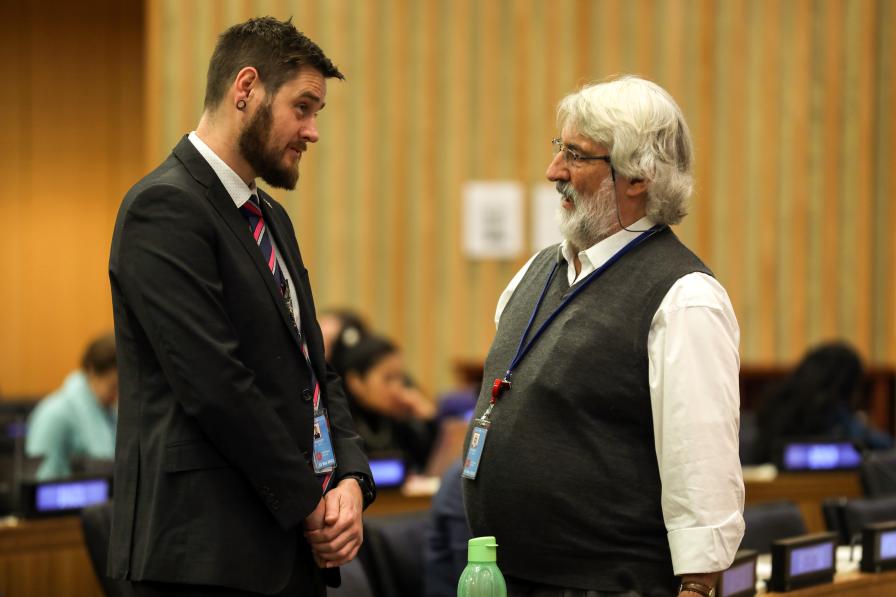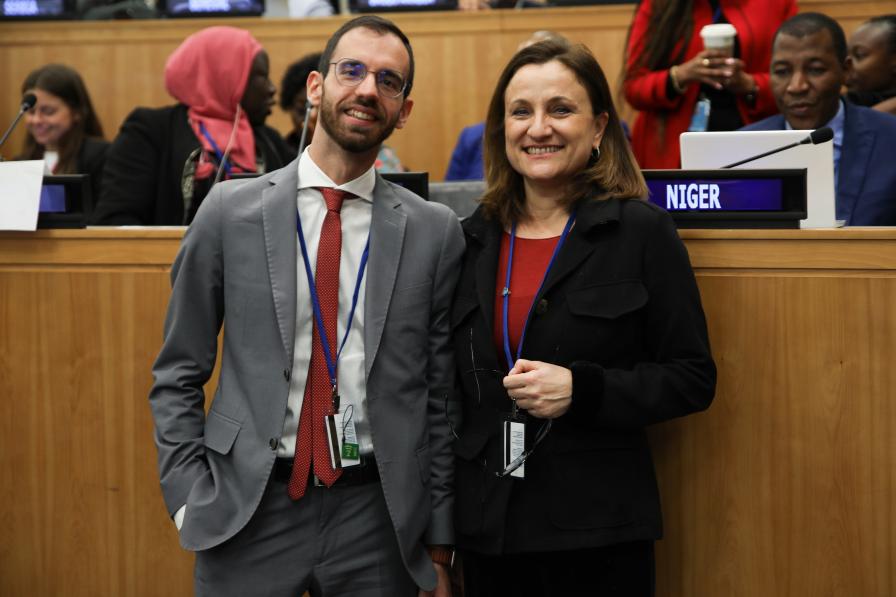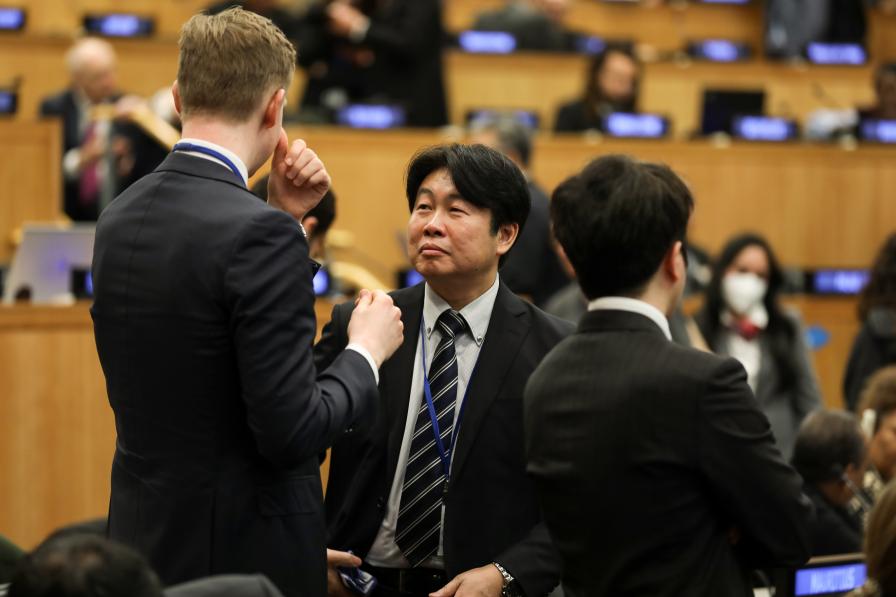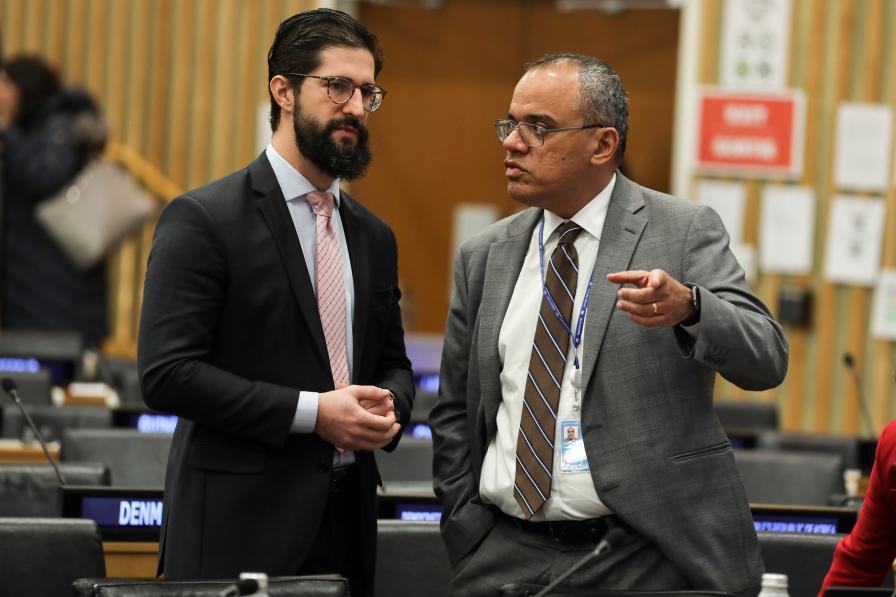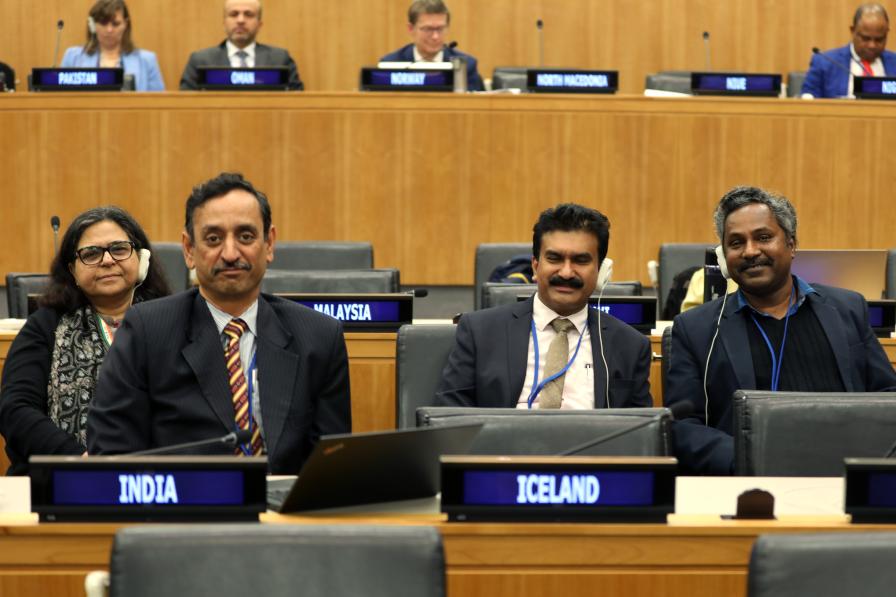With the clock ticking to the end of the treaty-making negotiations, delegations continued their deliberations at the resumed fifth session of the Intergovernmental Conference (IGC-5.2) on the conservation and sustainable use of marine biological diversity of areas beyond national jurisdiction (BBNJ).
Want to dive deeper? Read the Earth Negotiations Bulletin daily report.
After a brief stocktaking plenary in the morning, where facilitators provided progress reports, delegates spent the rest of the day addressing outstanding issues related to: area-based management tools (ABMTs), including marine protected areas (MPAs); capacity building and the transfer of marine technology (CB&TT); and cross-cutting issues, including general provisions and dispute settlement.
On general provisions, delegations spent the entirety of their allotted time addressing the contentious provision on the relationship between the new agreement, the UN Convention on the Law of the Sea (UNCLOS), and other international frameworks and bodies (IFBs). Divergent views continued to persist, with delegates striving to find agreeable language to ensure that the new agreement does not undermine IFBs. They also debated the placement of language related to the treatment of non-parties to UNCLOS. Discussions will continue.
On ABMTs, delegates discussed, among others, the modalities for decision making and a potential opt-out provision. They addressed a possible objection procedure, noting that, despite increasing clarity on different positions, divergence remains, requiring additional discussions. One small group’s representative reported on discussions regarding recognition, addressing the relationship between the agreement and IFBs regarding existing ABMTs adopted by IFBs, noting that consensus is within reach.
On CB&TT, delegations spent time addressing additional respective modalities for technology transfer. Several options are on the table, including one distinguishing between “off-the-shelf” technology transfer, and conventional technology transfer. Significantly, delegates agreed to the provision of resources to support “the development and" transfer of marine technology, and to facilitate access to other sources of support, taking into account their national policies, priorities, plans, and programmes.
On dispute settlement, they addressed three options related to dispute-settlement procedures. The first, which many agreed to using, foresees mandatory dispute-settlement procedures. The other two propose negotiations and/or consultations for the settlement of disputes. More work needs to be done to finalize these provisions.
Small group discussions went on unabated throughout the day, with delegates addressing outstanding provisions throughout the text. IGC President Rena Lee also held consultations in the afternoon and into the evening.
To receive free coverage of global environmental events delivered to your inbox, subscribe to the ENB Update newsletter.
All ENB photos are free to use with attribution. For the Resumed 5th Session of the Intergovernmental Conference (IGC) on BBNJ, please use: Photo by IISD/ENB | Mike Muzurakis
